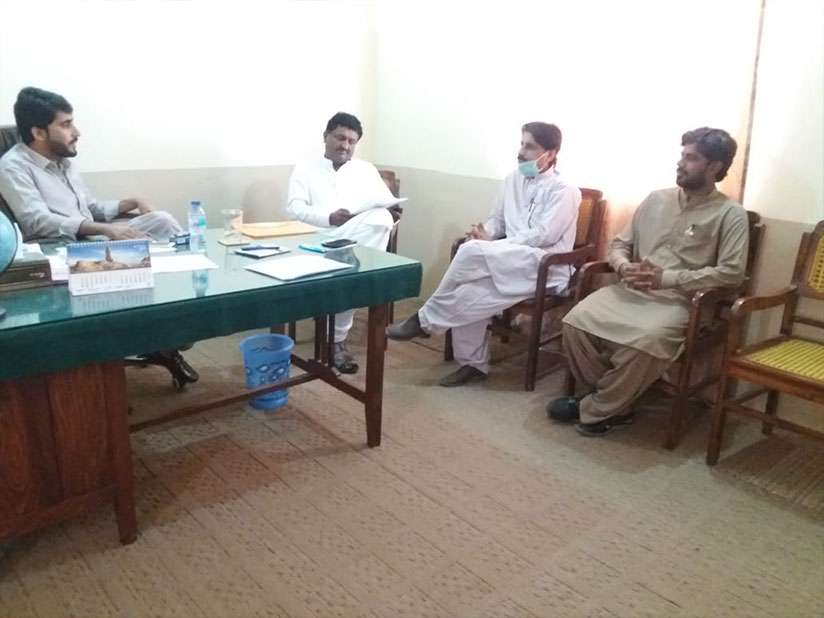(17/09/2020) Gender Mainstreaming Formulation/Consultation Workshop with the LGRDD and P&DD
THE BRACE PROGRAMME AND COVID-19
The novel coronavirus has had a profound public health impact in the developed world and is poised to have an equally if not more devastating effect on developing nations. As travel bans, lockdowns, and stalled trade take an increasing toll, economic spillover effects—and associated social instability—threaten to compound the crisis, especially in some of the world’s more vulnerable and fragile states. The advent of COVID-19 presents developing countries with daunting challenges—all interconnected—from economic, financial, and fiscal shocks to supply chain, agriculture, and food system disruption, to educational paralysis, challenges in the water and sanitation sector, and so on. Because many countries in the developing world lack the social safety nets necessary to underpin physical distancing regimes and protect vulnerable people in times of acute distress, the governments, policy makers, donors, private sector actors, and civil society groups in these countries will have to rally as never before.
Since the outbreak, the
The BRACE RSPs, and the TA Project implemented by DAI Human Dynamics, developed COVID-19 Emergency Plans to support and strengthen the capacity, in the 9 BRACE District, of the District Administrations, to coordinate and implement their COVID-19 response and recovery measures, which range from:
- Supervision and reporting of quarantine centers and isolation wards.
- Awareness campaigns for precautionary measures to control the spread of the corona virus.
- Compilation of data of the PM EECP, Relief activities, supplies and disbursements related to the Pandemic.
- Correspondence of District Health Management Committees (DHMCs) and its decisions/follow-up.
- Preparation and submission of daily District Situation Reports (DSRs) for Deputy Commissioners (DCs)/Provincial Government.
- Performing Control Room duties such as maintenance of daily record of dairies of COVID 19 cases.
- Preparation of Situation Analysis Reports (SARs) and its submission to DC’s offices.
- Facilitating district administrations in procurement of goods/supplies at district level.
- Coordinating with the visiting emergency humanitarian assistance teams from Federal/Provincial Governments.
- Facilitate in arranging meetings of the Health Counterparts such as INGOs and NGOs, etc. working in districts.
- Coordinating with RSPs/PPHI/LG involved in disinfection spray campaigns at population hub areas
COVID-19 Support Activities by TA (Assistant) District Coordinators

District Duki
District Administration involved the TA ADCDukiin selection of Tiger Force Team under PM’s Ehsas Programme and build their capacities through Orientation Sessions & Task distributions

District Kech
BRACE TA DC/ADC Facilitation to DHO/PEO for Spot Mapping of COVID Cases of district Kech

District Washuk
The TA continues to assist the GoB Secretary/Chief Foreign Aid (CFA), Planning and Development (P&DD) in its role as the Chair/Convenor/Coordinator of the...

District Khuzdar
The DC Khuzdar assigned the BRACE TA ADC Khuzdar tasks of Coordination with NGOS/INGOs for collection of data regarding Community Awareness Sessions for women/food items supply.

District Pishin
BRACE TA DC/ADC Pishin have been involved by District Administration in making arrangements of meetings at DC Office; Coordination with NGOs/INGOs for activities regarding Corona Emergencies

District Killaabdullah
The District Administration involved the BRACE TA ADC Killaabdullah in Coordination with all stakeholders who are participating in controlling spread of Corona Virus.














